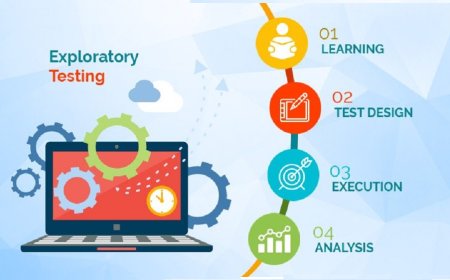How Long Do Cancer Screening Test Results Take?

When it comes to health, early detection is key, and thats exactly what a cancer screening test aims to do. It helps detect cancer at an early, more treatable stage, even before symptoms appear. However, after undergoing a cancer screening test, one of the most common concerns patients have is: How long will it take to get the results? The answer varies depending on several factors, including the type of test, the medical facility, and the complexity of the results.
Understanding the Waiting Period
Each cancer screening test has a different turnaround time based on its purpose and processing method. For instance, a Pap smear or HPV test, commonly used for cervical cancer screening, might take a few days to a week. A mammogram, often used in breast cancer screening, might provide initial results within 2472 hours if done at a diagnostic center with on-site radiologists. However, if the images are sent elsewhere for interpretation, results may take up to a week.
For blood-based cancer screening tests, like PSA tests for prostate cancer or CA-125 for ovarian cancer, results typically return within 25 business days. Some tests, like stool-based screenings for colorectal cancer, may take up to 12 weeks, depending on whether additional analysis is needed.
Factors Affecting Result Timelines
Several factors can influence how long it takes to receive results from a cancer screening test:
-
Type of Test: Imaging tests like CT scans or MRIs may provide faster feedback compared to laboratory-based tests which require detailed analysis.
-
Facility Workload: In high-volume hospitals or labs, results might take longer due to the number of tests being processed.
-
Follow-Up Testing: Sometimes, a cancer screening test might show unclear or abnormal results, requiring follow-up tests or biopsies, which further delay the final diagnosis.
-
Mode of Communication: Whether the results are shared in person, by phone, or through online portals can also affect when you actually receive them.
Why Some Results Take Longer
Its important to remember that a cancer screening test result is not just about a yes or no answer. Tests are often analyzed by trained specialists, such as pathologists or radiologists, who carefully interpret the findings. For example, if a mammogram shows a suspicious area, further tests like ultrasounds or biopsies might be needed before a final report can be given. The goal is accuracy, not speed.
Additionally, advanced cancer screening tests that use genetic analysis or biomarker detection may require more time due to their complexity. These tests may take up to 23 weeks as they undergo extensive processing.
What to Do While Waiting
Waiting for results from a cancer screening test can be an anxious time. It helps to stay occupied and avoid jumping to conclusions. Try not to over-research your symptoms or assume the worst. Instead, follow up with your healthcare provider if the expected time frame has passed.
If your test was done as part of a routine check-up and you're not experiencing symptoms, it's important to remember that most cancer screening testreturn normal results. However, if there's an abnormality, early detection gives you a better chance at successful treatment.
When to Follow Up
If you havent received your cancer screening test results within the expected time, its appropriate to contact your healthcare provider or the lab. Delays may happen due to administrative backlogs or additional evaluations. Your proactive approach can ensure nothing is missed.
Conclusion
The timeline for receiving cancer screening test results varies depending on the type of screening, lab processing time, and follow-up needs. While most results come back within a few days to a couple of weeks, some might take longer. Regardless of the waiting time, what's most important is the accuracy and clarity of the result.
A cancer screening test plays a vital role in preventive healthcare. It empowers individuals with early knowledge about their health, often before symptoms arise. Whether youre waiting a few days or a few weeks, know that the testing process is designed with care and precision. Always follow up as recommended and discuss any concerns with your healthcare provider.
Staying informed, patient, and proactive is the best approach when navigating the timeline of any cancer screening test.
































